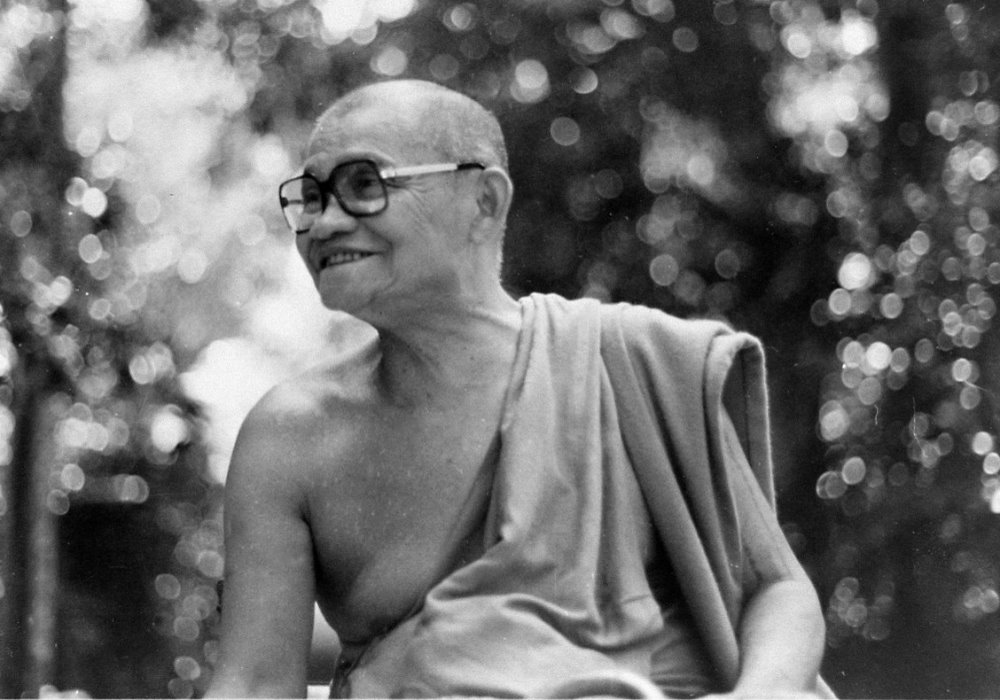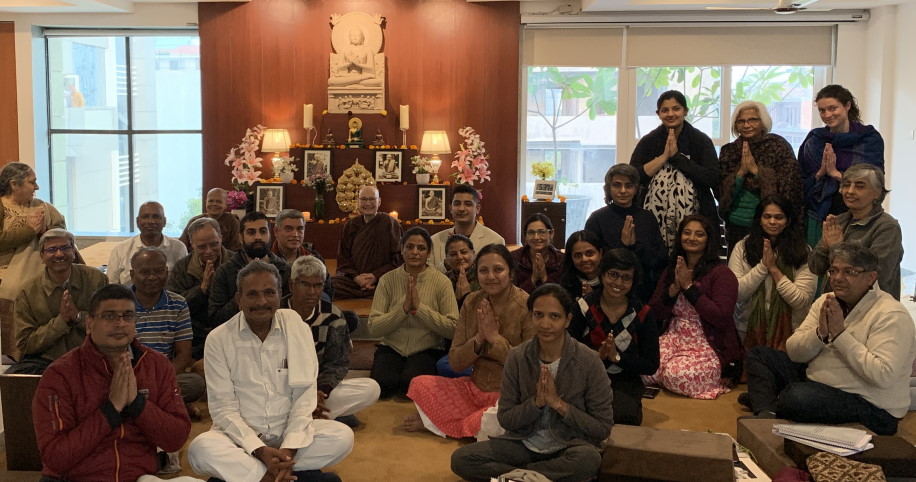Aranya Vihara Trust
Genesis of the Trust
In the beginning of year 2012, a group of five Vipassana meditators, some of whom had been meditating for over twenty years, met to share their experiences. Out of their discussions, it emerged that some of the meditators had been deeply influenced by the teachings of Venerable monks of the Thai Forest tradition, especially the teachings of Ajahn Sumedho and his teacher Ajahn Chah. Those who had read Ajahn Sumedho’s books, especially, ‘Don’t take your Life personally’, had benefited enormously from his insights on the Four Noble Truths, and sakkāydiṭṭhi – the self-view. It had become clear that the earnest striving to reach the goal had itself become a stumbling block – because it was based on ‘self-view’ which in fact is the first fetter to be unshackled. His insights on the paradoxes of practice were very revealing. Thus it appears to make sense when we say: “I” have to purify the mind; “I” should free myself from these passions. However, the view that these defilements belong to “me” personally is the basic ignorance that the Buddha was constantly pointing to, which arises out of attachment to the five khandhās, the self-view, the sakkāydiṭṭhi.


Objectives and Mission
- To support, establish, finance & maintain branch monasteries & retreat centers in the tradition of Thai Forest Sangha of Ajahn Chah in India.
- To encourage and aid in publication of suitable literature in the form of books, magazines, pamphlets etc.
- To organize public lectures, discourses, seminars, conferences etc. to disseminate the teachings of Lord Buddha in India.
- To arrange and support community celebration of common festivals associated with Lord Buddha.
- To arrange and support the visits of venerable monks& nuns from various monasteries of Thai Forest tradition of Ajahn Chah to India.
- To arrange and support pilgrimage of laypersons and venerable monks & nuns to the holy sites associated with Lord Buddha.
- To actively interact with groups and organizations having similar objectives.
- To accept gifts of movable & immovable properties, money donations for these purposes PROVIDED that no part of the Trust Fund shall be applied for any purpose which is not in consonance with the above objectives.

